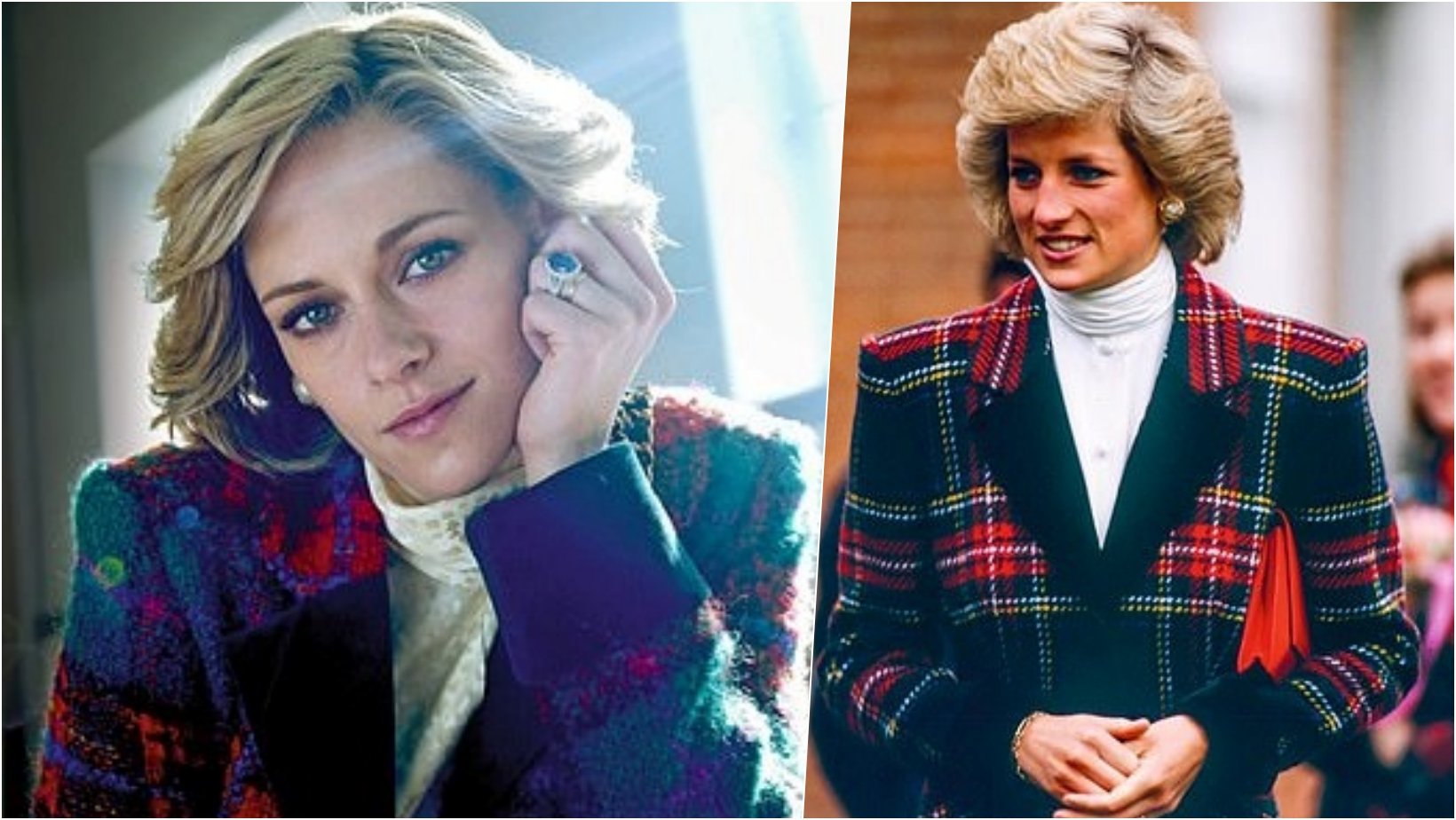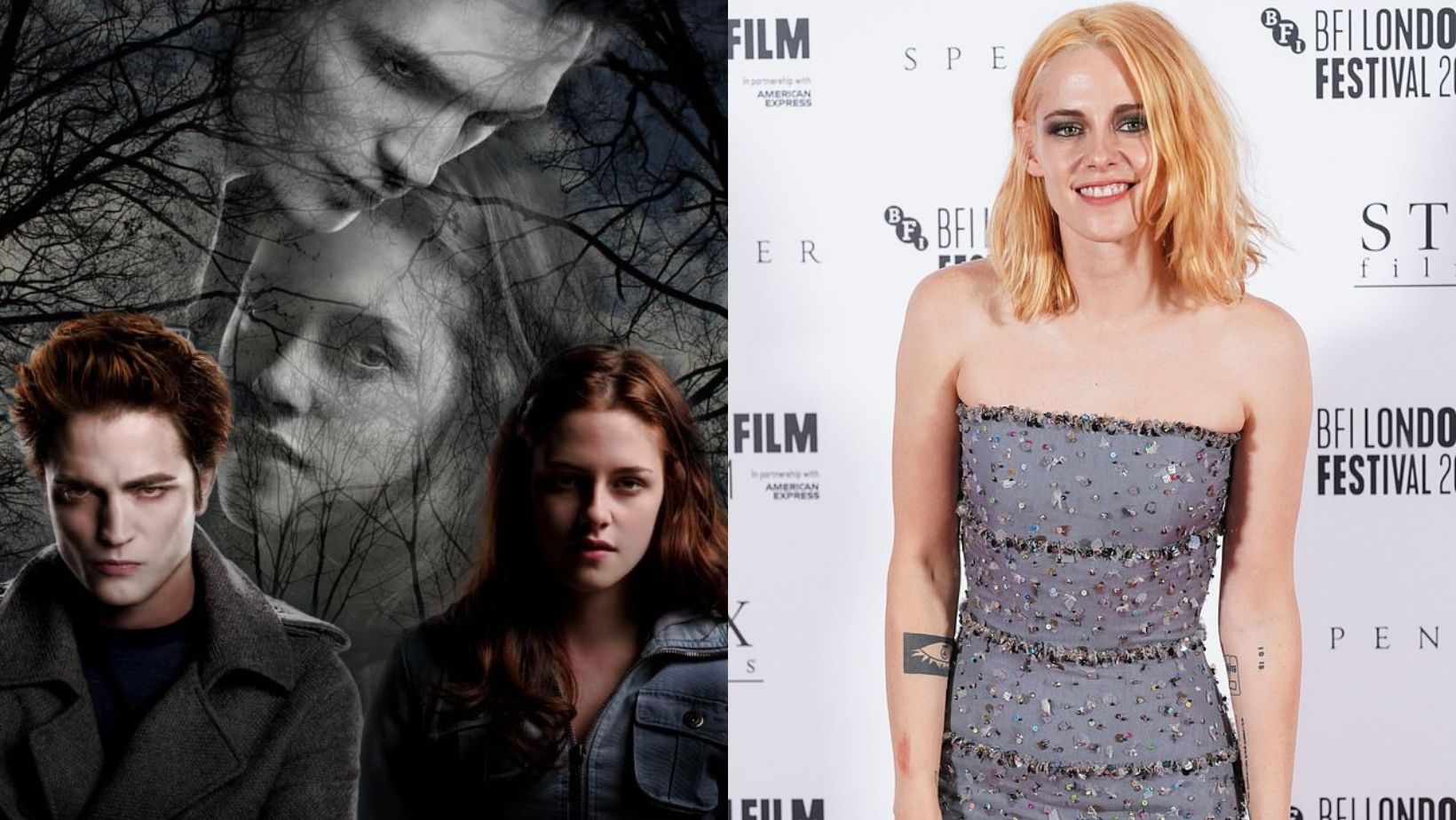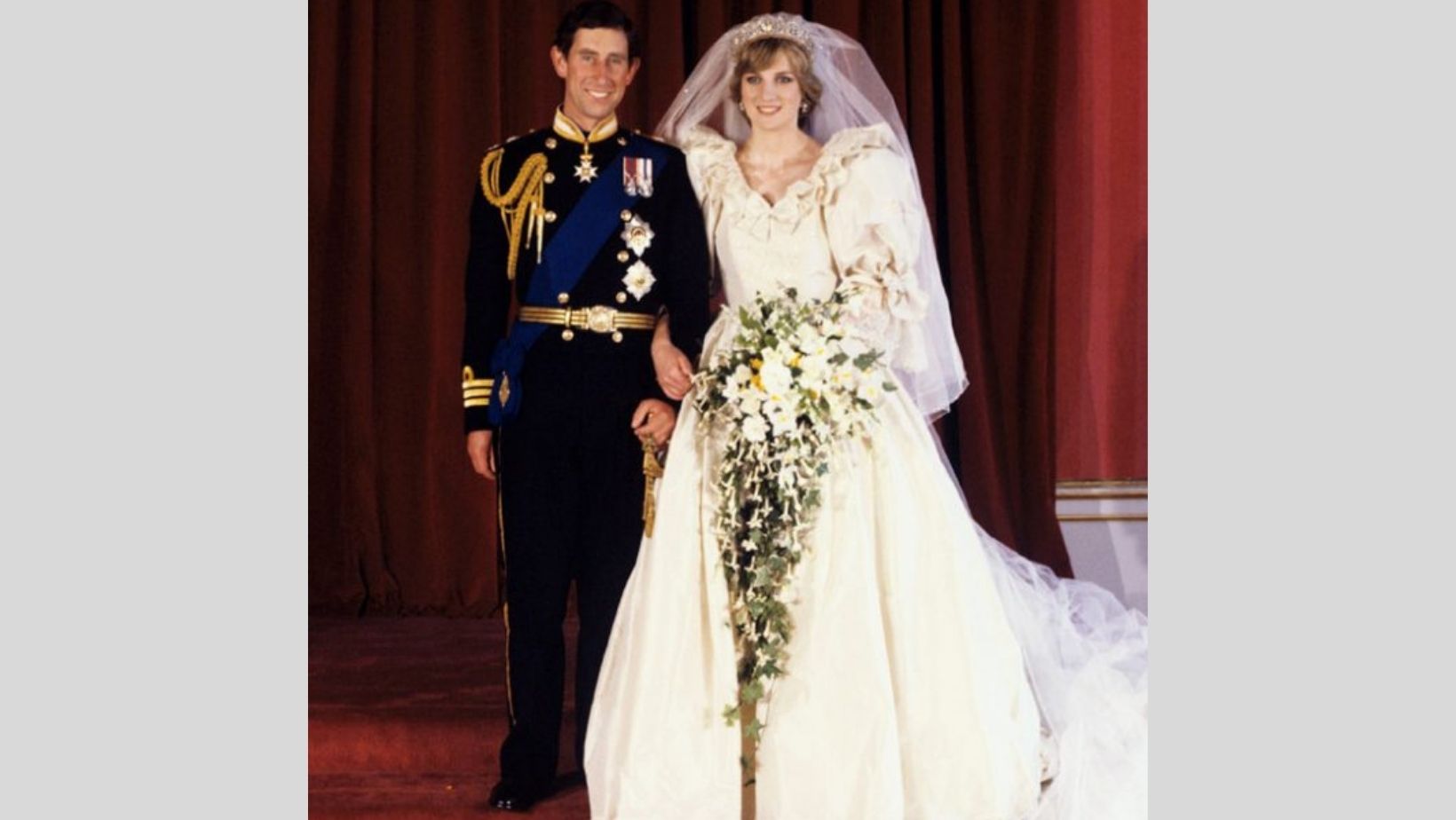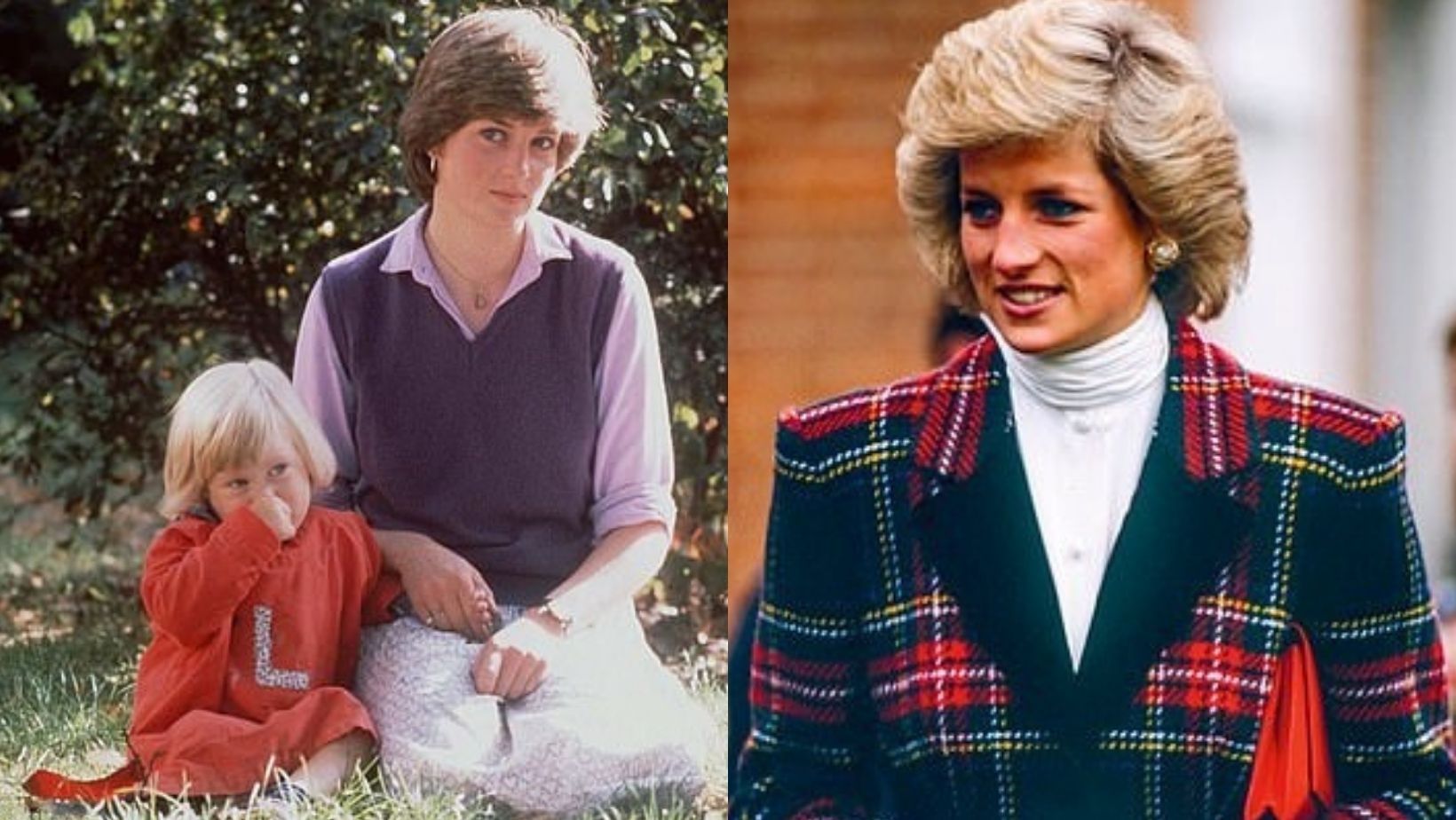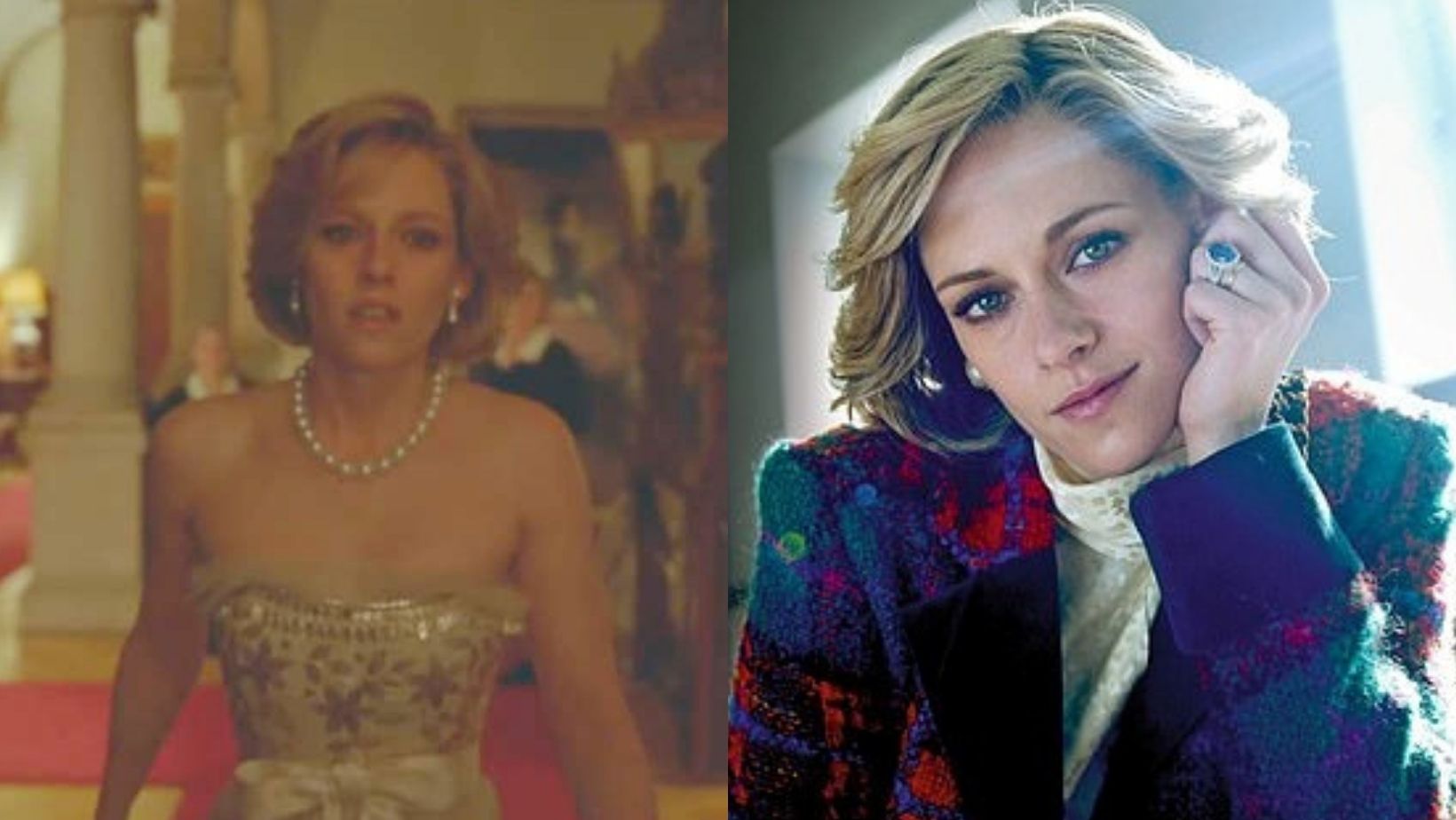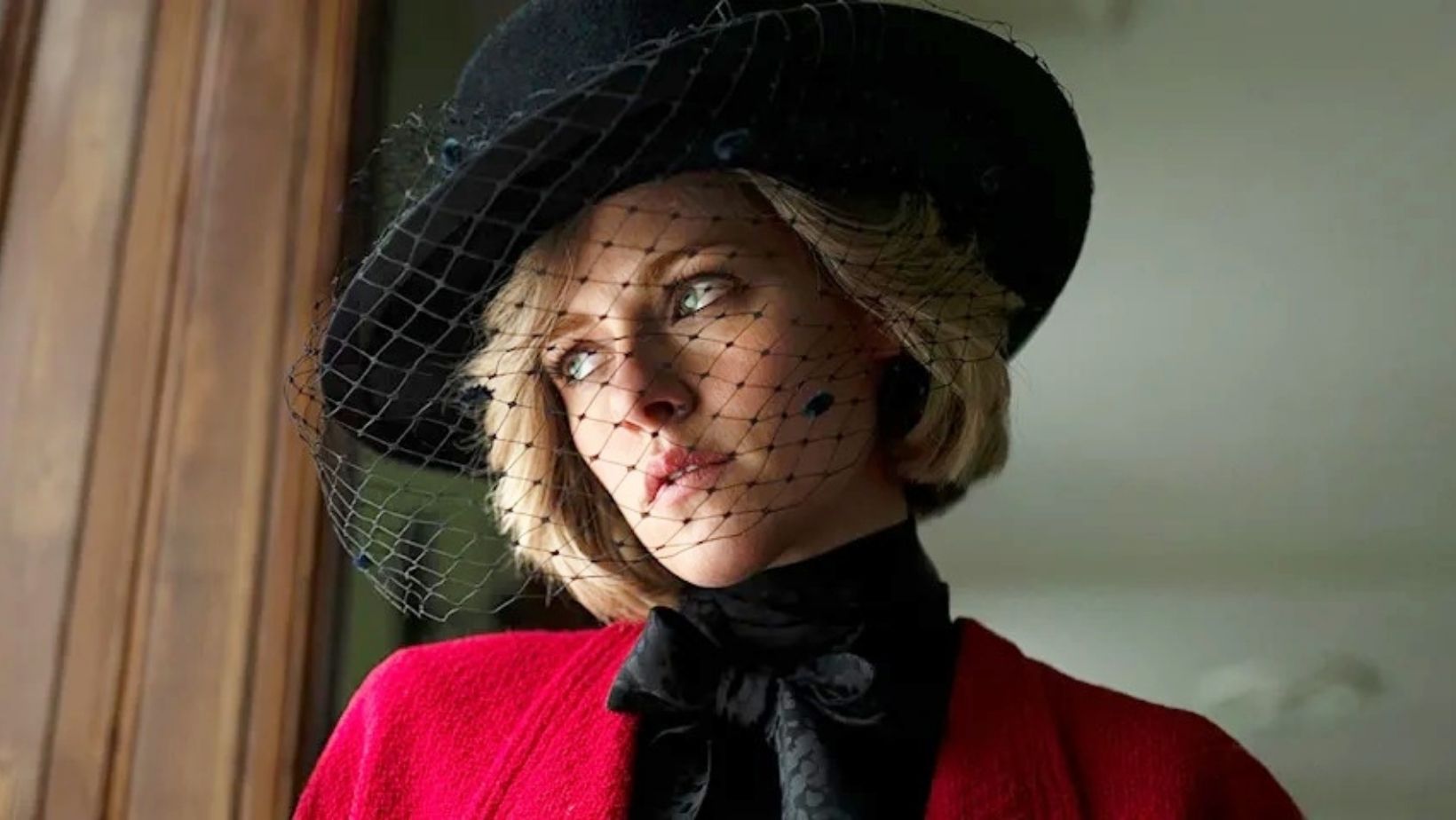Kristen Stewart reveals that being exceptionally famous in her teenage years and “feeling constantly watched” by the whole world helped her understand Princess Diana.
Kristen Jaymes Stewart, 31, is an American actress and filmmaker. She is the world’s highest-paid actress in 2012, her accolades include a BAFTA Award, a César Award (making her the only American actress to receive the award), and a nomination for a Screen Actors Guild Award.
She rose to stardom for her lead role as Bella Swan in The Twilight Saga film series (2008–2012), which is one of the highest-grossing film franchises; for the role, she was awarded the BAFTA Rising Star Award in 2010.
Stewart rose to superstardom at just 18 when the Twilight franchise and her real-life romance with her leading co-star Robert Pattinson pushed her into the spotlight.
She said that her teenage “Twilight” fame robbed her of her privacy and normal life, but It’s nothing compared to what Princess Diana endured.
The actress says that the extreme level of fame she has experienced helped her have some personal understanding of the pressure Princess Diana most likely felt as she prepared for her role as the royal in Spencer.
“It’s feeling constantly watched, no matter what you do,” the actress told The Sunday Times. “If you’re in public, someone in the room is looking at you at all times.”
“Even if they’re not, it’s at the back of your mind,” she said. “That is a feeling you only have if you’re extremely famous. It’s a completely different approach to being a human.”
But when asked about the comparisons between Diana’s fame and hers, she at first says: “The attention is something I can see a parallel in, but the cumulative expectation? Not remotely there.”
The teenage Bella Swan has also said “she (Diana) was the most famous woman in the world, I have tasted a high level of that, but really nowhere near that monumental, symbolic representation of an entire people or nation.”
Stewart got that point of view filming Pablo Larrain’s Spencer, the latest cinematic look at the late Princess of Wales, which premiered Friday at the Venice Film Festival.
Coming out in between seasons of Netflix’s “The Crown” and with the Broadway musical “Diana” about to open, Larrain’s upside-down fairy tale focuses on the three-day Christmas holiday in the early 1990s that preceded Diana’s formal separation from Prince Charles.
It’s about the collapse of the royal marriage, Diana’s deep unhappiness, and the cruel confines of the British monarchy.
Spencer doesn’t add new information or novel insights to the Diana pantheon, allowing itself instead to imagine what transpired in those three days at the queen’s Sandringham estate in Norfolk, as the “people’s princess” unraveled.
“I think the really sad thing about her is that she — as normal and casual and disarming as her air is immediate — she also felt so isolated and so lonely,” Stewart admits. “She made everyone else feel accompanied and bolstered by this beautiful light, and all she wanted was to have it back.”
The first trailer for the movie was released last month, with Stewart’s take on the late Royal’s accent heard for the first time.
The short clip saw the Hollywood star roaming the grounds of Sandringham Estate at Christmas time as her marriage to Prince Charles breaks down in the wake of divorce and infidelity rumors.
Director Pablo says that the more he researched Diana, he realized that she carried an enormous amount of mystery.
“That mystery combined with the magnetism she had creates the perfect elements for a movie,” he said.
The script, written by English screenwriter Steven Knight, who has also written Peaky Blinders, follows the moments when Diana realizes she needs to “veer from a path that puts her in-line to one day be Queen.”
Stewart has also defended the decision to again explore Diana’s story, saying it’s an imaginary piece of art, not an invasion of her privacy or that of her family’s.
“There is a difference between intruding and the multiplicity that art brings to this world, I think if anyone made a movie about me, I wouldn’t feel stolen from or taken from,” she said. “There’s nothing salacious about our intention. That would probably be more embedded in interpretation.”
Locations for the film took place in Germany and England, and the actress explained everything about the project was very fast-paced.
“This was not padded or luxe in any way,” the actress said. “We were balls to the wall, gunning through it. Which you can feel in the movie 10 or 15 minutes in. Once it gets up and starts going, it doesn‘t stop, it barrels. It felt that way to make it, too.”


